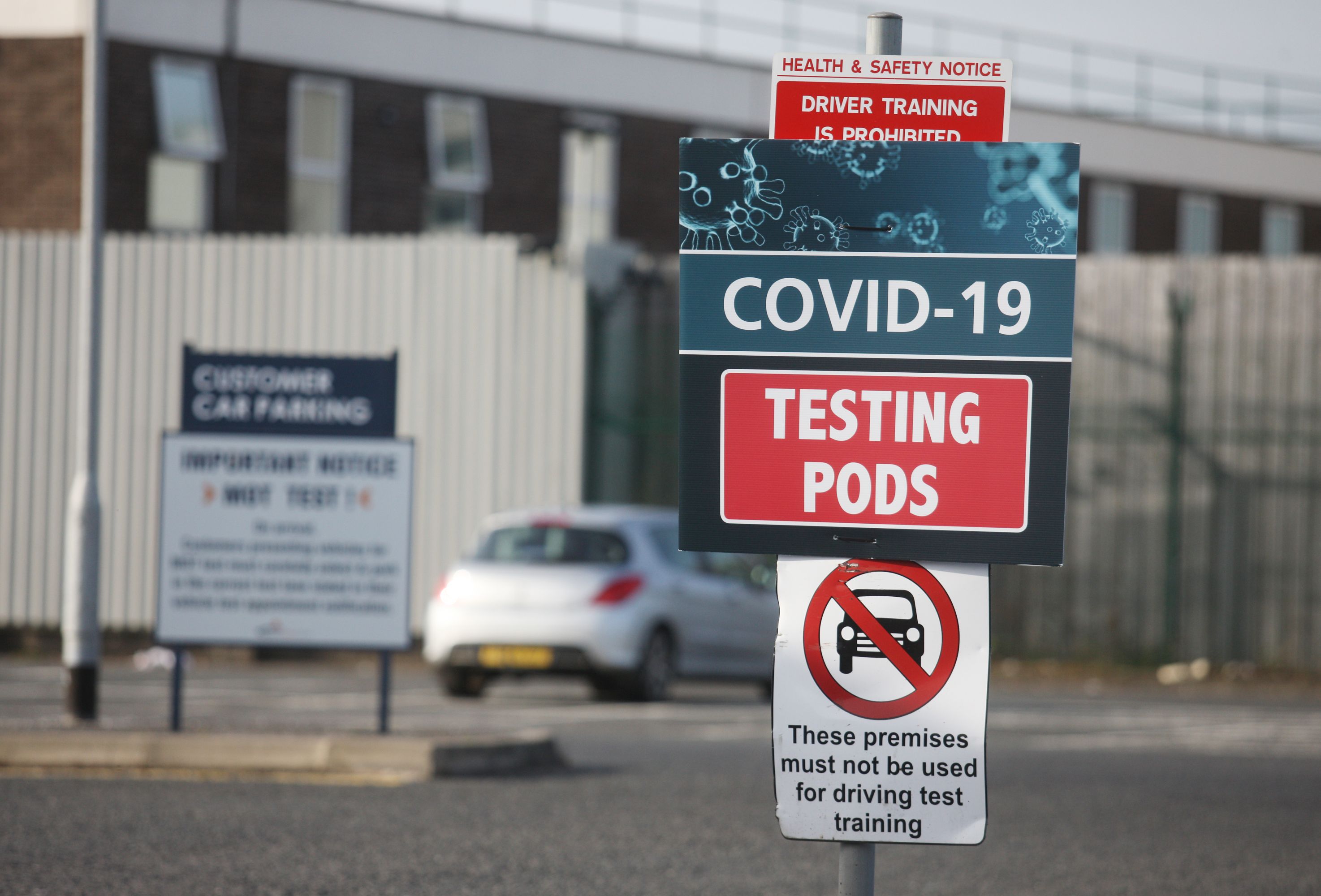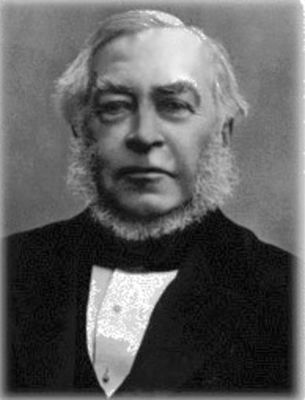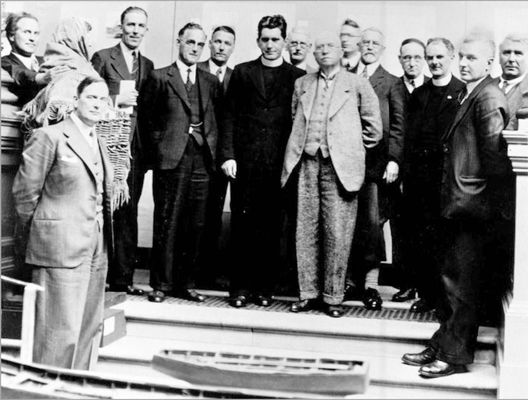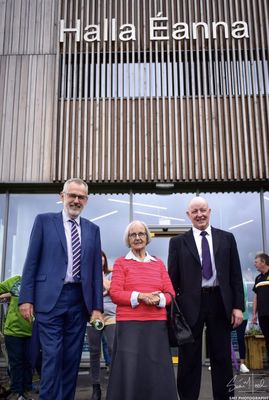SINCE the outbreak of Covid-19 most of us have curtailed our social activities.
When licensed bars closed in March many of us thought we would not survive and now six months later we are beginning to wonder what all the fuss is about. As a fellow I met yesterday stated, ‘All has changed yet nothing has changed.’
I agreed to pick up a couple of friends from the pub on Friday night. I arrived outside the premises and sat watching the front door at what I thought was closing time. A young customer emerged and went to a cash machine a few doors away. I locked the car and entered the pub. I eventually found my two friends at the other end of the room and made my way up to them.
It was obvious that they had enjoyed their couple of hours and they were in good form. Jim has a great way with words and with the help of one or two (and more) pints of the black stuff he can be eloquent. Joey is a good match for him and to complicate matters they address each other as ‘Harry’.
The ‘in’ word on Friday night was ‘furlough.’ I was corrected several times for my mispronunciation. I kept saying ‘furlock’ while Jim. ‘Harry No.1’, kept telling me “You mean furlow!” It struck me how seamlessly a word can enter our vocabulary. Until March I had never encountered it and, yet, last night it was used frequently in discussions.
Another word which was in use was ‘personnel.’ I was amazed to hear the two Harrys’ use of the word.
Billy Gillen once told me the word had been in use in the English language from the mid 1800s, has a French origin and was initially used to describe people engaged in military organisations. Last night one Harry told the other that he had heard that “All players and personnel are required to wear masks inside the Stoke D’Abernon training centre this season.” It took me a while to realise that he was speaking about his beloved Chelsea who have a training ground in the village of Stoke D’Abernon in Surrey.
Belfast folk will have been familiar with the ungainly, heavy duty, fortified vehicles which were in use to transport British soldiers through West and North Belfast for more than twenty years and euphemistically described on Radio Ulster as “personnel carriers”.
It seems that the word ‘personnel’ covers a multitude. As Billy pointed out to me, it is a plural noun of which there is no singular. He knows a man who works for a firm who carry out construction work and also supply building materials. The man tells Billy his job is “in personnel” but Billy has no idea what he does.
We're turning out new words at such a rate that if a man spent three months in hospital he would be virtually illiterate. Since the poisoning episode in Salisbury we have all taken wholeheartedly to the understanding of the nerve agent Novichok. In the pub on Friday night everyone was certain that Novichok had been used on the orders of Vladimir Putin to poison his opponent, Alexei Navalny.
Back in the old days when we might have read that a regiment had been annihilated we felt all the men had been killed. Now we are told that a bridgehead has been liquidated and it means less than nothing. We might be forgiven for thinking that flesh and blood played no part in warfare, for everything is done by the nebulous entity known as ‘personnel’ – a group of people linked to a common purpose, paid from the same funds.
It saves you from using other fine words such as ‘men’ or ‘workers’ and from the folly of saying what you mean.
We used to have ‘strikes,’ now we have ‘personnel trouble’. For those of us who still haven't purchased an electric car it's like saying the engine hasn't stopped, we just have a little water in the carburettor.
That might help explain why Donald Trump cancelled a visit to the Aisne-Marne American Cemetery near Paris in 2018. He declared the cemetery to be full of “losers’, i.e. personnel who are no longer on the payroll.
Gaffers used to be ‘over the lads.’ Now they're ‘in charge of personnel’ and although in a few old fashioned firms men are still sacked or dismissed, the worst that can happen a man nowadays is that he may be ‘adversely affected by personnel adjustments’.
All of this has led to more cordial relations between employers and workers and is a fine example of what a word can do.
I was in the pub for just fifteen minutes or so on Friday night but it seemed a lot longer. There were no eejits earwigging or gawking. There was no effing or blinding - I heard Harry No.1 tell his namesake in confidence that he told his neighbour’s dog to eff off earlier in the day as he was showing an inclination to use his garden as a toilet. In the pub everything was grand.
However, I’ll not be suckin’ diesel next week but I've no doubt much of the same company will. I realised that to achieve mastery of the vocabulary you have to do a full shift but I don’t feel up to that just yet. The two Harries will no doubt relive their version of Del Boy and Rodney as they survey Trigger and Grandfather just down from them in the local version of the Nag’s Head as they ‘swally’ the awesomesauce beer (‘great pint here’).
Next Friday they’ll need a Joe Maxi, however, when all the personnel problems have finally been addressed.








